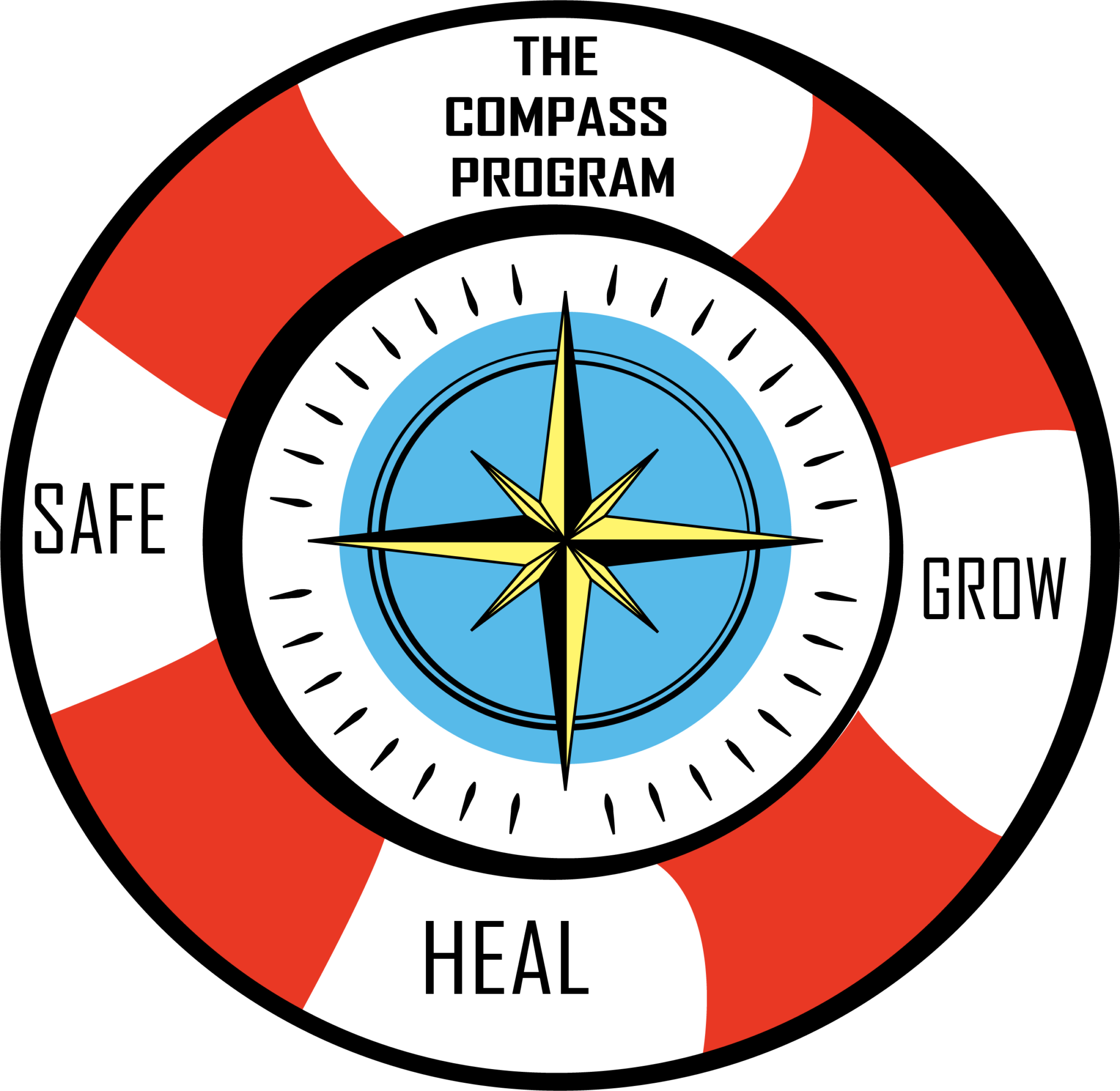Our Program
The Lifeboat Project made it their mission to empower the lives of survivors through long-term aftercare, residential programs, and education. The Lifeboat Project facilitates a comprehensive, trauma-informed, survivor-centered approach to long-term care. We recognized the importance of a housing-first approach. Our agency offers a multi-faceted solution to housing survivors of human trafficking through the safe house, transitional homes, and lifelong care. The Compass Program is structured into three core phases known as “Safe, Heal, Grow.” Upon admission to the program, individuals will meet with The Navigation Team. The team consists of multi-disciplinary staff and external service providers (medical, dental, counseling and psychiatric, legal, probational, educational, vocational and life-skills training). We also utilize family members, where possible, to form a safety net in helping survivors achieve their life’s vision. With these components, holistic, individualized survivor plans are successfully facilitated. The Lifeboat Project is a safe space for all adult victims of human trafficking, regardless of gender, faith denomination, racial-ethnic background, sexual orientation or socioeconomic status.The Compass Program
I. Safe
This phase focuses on physical, medical, dental, therapeutic, practical (life and career) skills, and structured recreation time. Initial counseling, in this phase, involves educating the survivor on cognitive behavioral processes and identifying their challenges in cognitive terms. Our safe house is utilized in this phase should the survivor require respite from unsafe circumstances.
II. Heal
This phase focuses upon reinforcing the survivor’s investment in their journey towards sustained freedom. The survivor begins to nurture their awareness while continuing the implementations of Phase I. Survivors work with The Navigation Team to explore appropriate educational, vocational, and employment opportunities during this phase.
III. Grow
This phase nurtures the survivor’s self-investment in their continued recovery. It also continues emphasis on building the skills necessary to achieve self-efficacy. Decision making and problem-solving skills, behavioral and lifestyle changes, as well as commitment to maintaining a posture of positivity and mindfulness are prominent goals in this phase.

Lifelong Care
Transitional
To obtain status as a transitional survivor within The Lifeboat Project, a survivor must have already completed The Compass Program. This status includes consistent contact with community support groups and The Navigation team. The transitional aspect of our program promotes the development of skills, utilization of resources, and consolidation of competencies. This is designed to promote the survivor’s successful reintegration and is intended to insulate the survivor from re-victimization. Services from The Compass Program may still be implemented. Housing options may also be available in forms of transitional housing or Haven homes.
Community Clients
Community client status involves developing and overseeing any outreach services for survivors living in the community independently. A lifetime array of comprehensive services may be provided including counseling, life skills, and conflict resolution. To become a community client, The Compass Program is not a prerequisite.
Haven Homes
The Haven Home Program offers survivors a warm, welcoming family environment. Unlike customary foster families – Haven Home families agree to take in only one survivor, over 18 years of age. Families work together with The Lifeboat Project to help survivors recover and find healthy independence. If you would like to explore the possibility of becoming a Haven Home, contact [email protected]. Haven Home families receive training and support, submit to a background check, and provide personal references.
